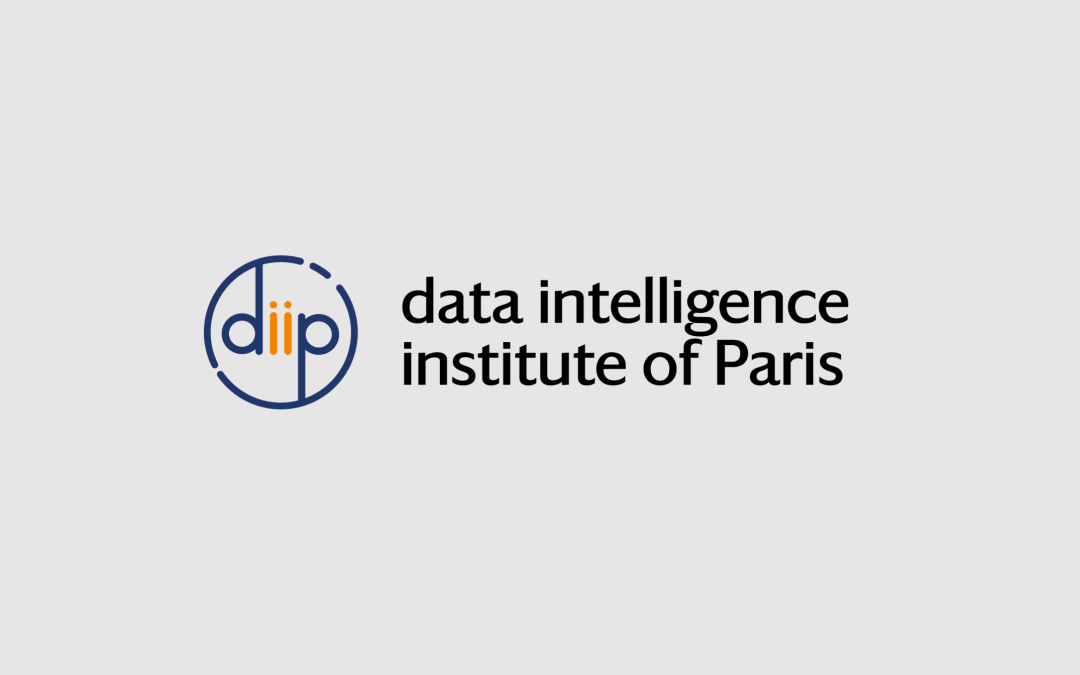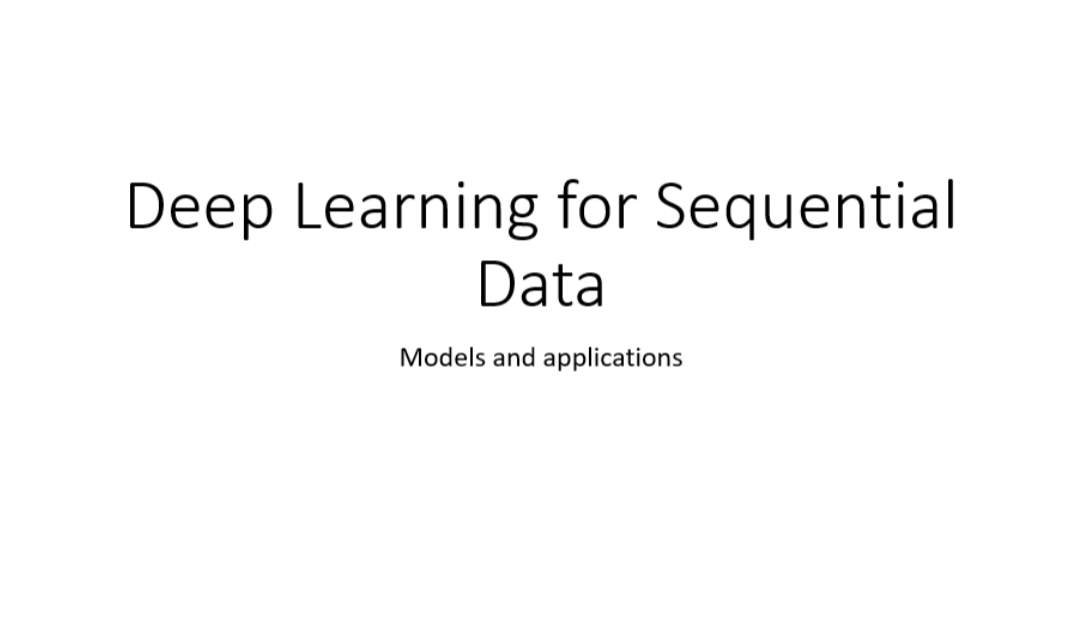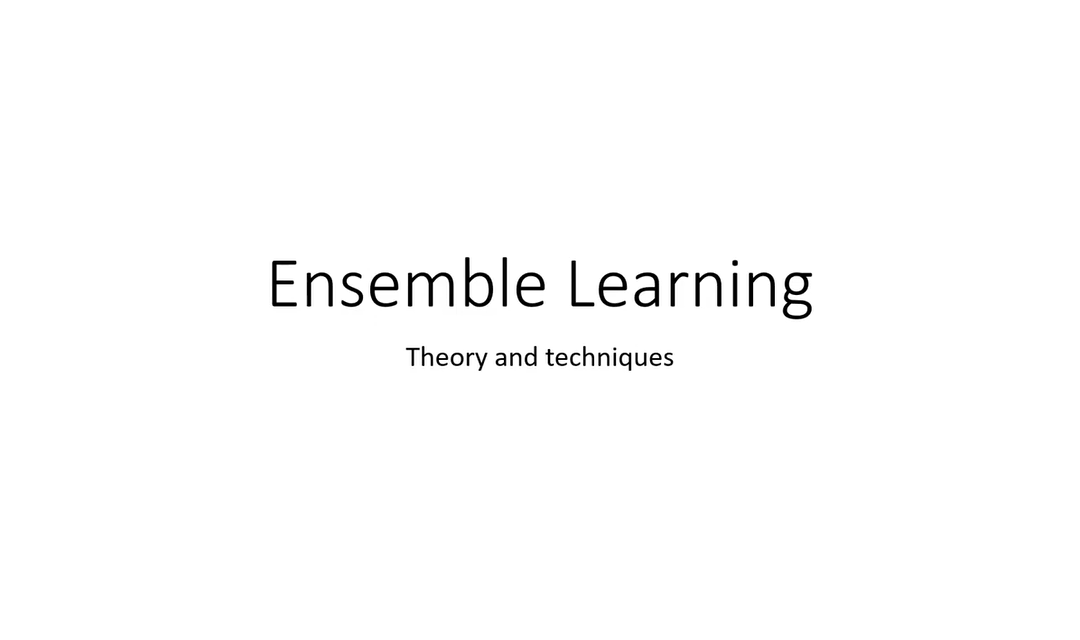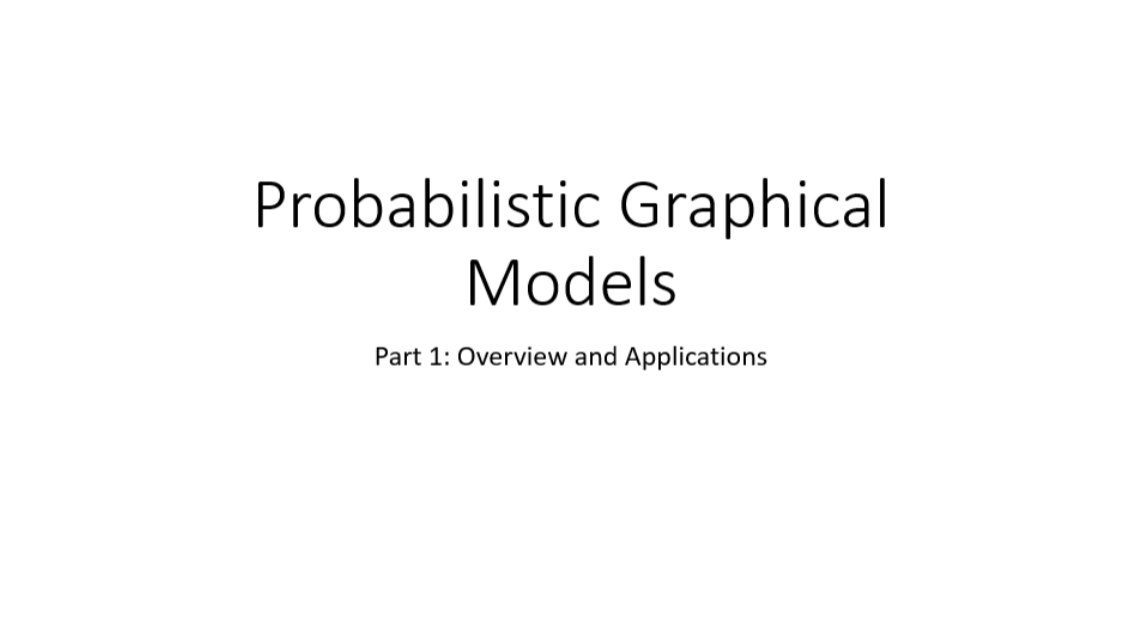Foula Vagena
February 16, 4pm
online (zoom)
Abstract
Machine learning is a branch of artificial intelligence (AI) focused on building applications that learn from data and improve their accuracy over time without being programmed to do so. When statistical techniques and machine learning are combined together create a powerful tool for analysing various kinds of data in many computer science/engineering areas including, image processing, speech processing, natural language processing, robot control, as well as in fundamental sciences such as biology, medicine, astronomy, physics, and materials. In this second part of the tutorial we will focus on inference and learning for Probabilistic Graphical Models (PGMs). Inference enables us to “query”a trained PGM to obtain relevant information based on given evidence (i.e. observations). For example one can perform inference on a manufacturing PGM to find the probability of large delivery delays due to a hurricane. Most inference algorithms strive to attain satisfactory computing performance while maintaining accuracy guarantees. Finally learning PGMs given training data is discussed, with the purpose to convey the main challenges of the task and touch upon the most popular solutions. The tutorial will conclude with computing examples of (1) a Bayesian Network and (2) Markov Random Field. (please be advised that this tutorial builds upon material presented on the first tutorial on PGMs)
Dr Foula Vagena
(Université Paris Cité, diiP)
Zografoula Vagena is a research associate at the Data Intelligence Institute of Paris (diiP) and affiliated with the Université Paris Cité. She has been a data science researcher and practitioner for over ten years. She has worked on different analytics problems including forecasting, image processing, graph analytics, multidimensional data analysis, text processing, recommendation systems, sequential data analysis and optimization within various fields such as transportation, healthcare, retail, finance/insurance and accounting. She has also performed research in the intersection of data management and analytics, and was a primary contributor of the MCDB/SimSQL systems that blended data management with Bayesian statistics. She holds a PhD in data management from the University of California, Riverside.
Other seminars

Shen Liang – Knowledge-guided Data Science
Shen LiangMay 18, 4 PM online (zoom) linkedinAbstract This tutorial presents an overview of knowledge-guided data science, a rising methodology in machine learning which fuses data with domain knowledge. We will present numerous case studies on this methodology...

Shen Liang – Deep Transfer Learning and Multi-task Learning
Shen LiangJune 15, 4 PMonline (zoom) linkedinAbstract This tutorial provides an overview of two important and correlated (in many cases intersectional) topics in deep learning: transfer learning, and multi-task learning. Transfer learning focuses on...

Foula Vagena – Deep Learning for Sequential Data: Models and Applications
Foula VagenaApril 13, 4 PMonline (zoom) Abstract Recurrent neural networks (RNNs) are a family of specialized neural networks for processing sequential data. They can scale to much longer sequences than would be practical for networks without sequence-based...

Foula Vagena – Ensemble Learning: Theory and Techniques
Foula VagenaDecember 15, 4pmonline (zoom) Abstract Ensemble learning is the process by which multiple models, such as classifiers or experts, are combined to solve a particular computational intelligence problem. Ensemble learning is primarily used to improve...

